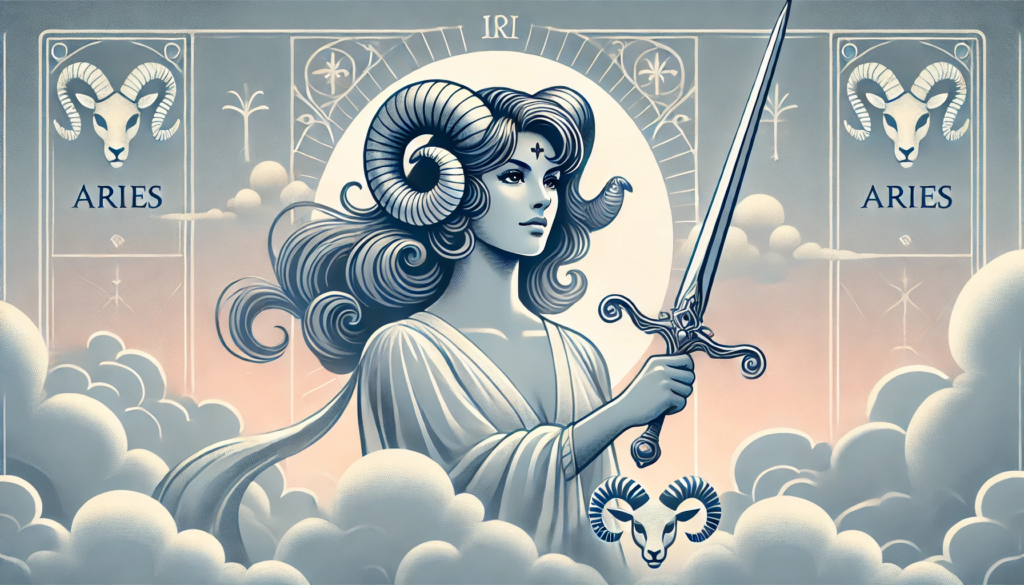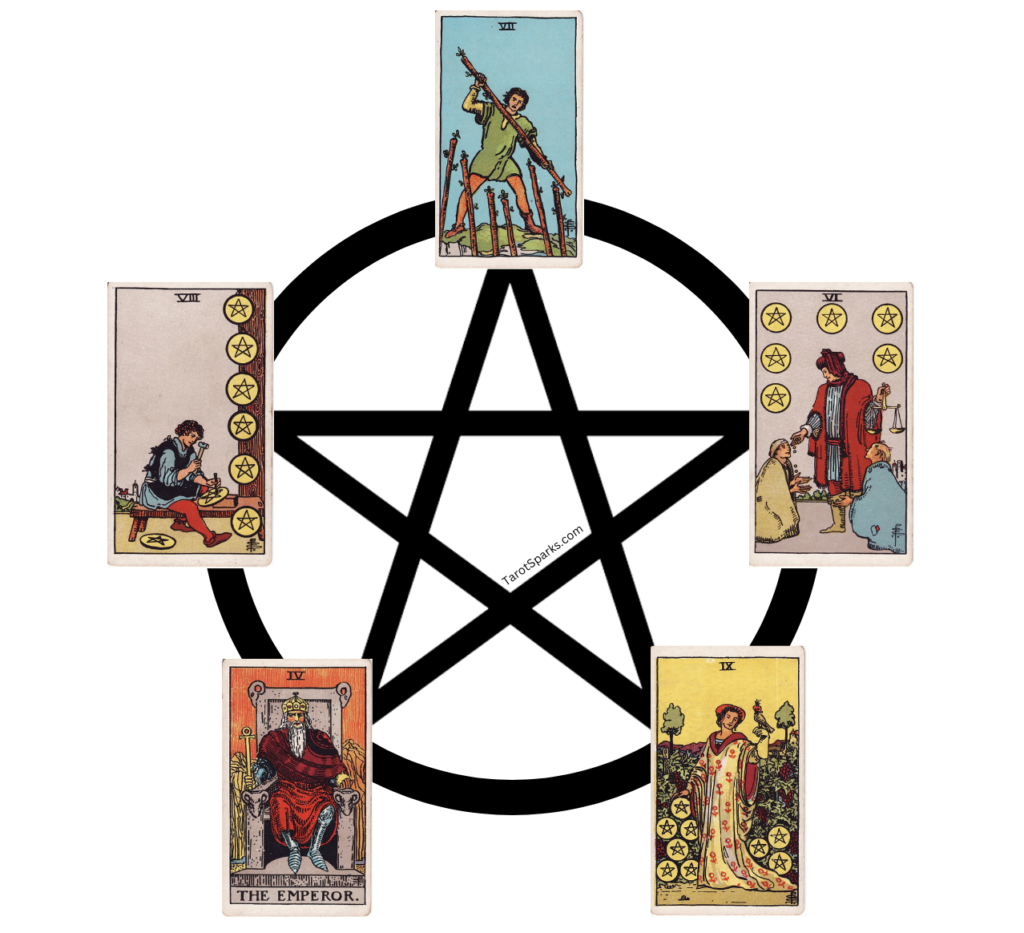The Queen of Pentacles reversed in a tarot reading can be a complex card, symbolizing challenges, instability, or a shift away from nurturing energies. Representing a departure from security and practicality, this reversed queen warns of imbalances in life, specifically around self-care, finances, and relationships. When she appears reversed as an outcome card, her messages highlight areas where nurturing, stability, or a sense of purpose may be lacking.
As an outcome, the Queen of Pentacles reversed may suggest the need to recalibrate one’s approach to life and relationships. Often embodying themes of neglect, dependency, and insecurity, the reversed Queen of Pentacles calls attention to the ways we might be overextending ourselves, sacrificing personal needs, or allowing external pressures to erode inner peace. Examining these themes closely, her reversed appearance can offer valuable insight into love, career, health, spirituality, and beyond.

